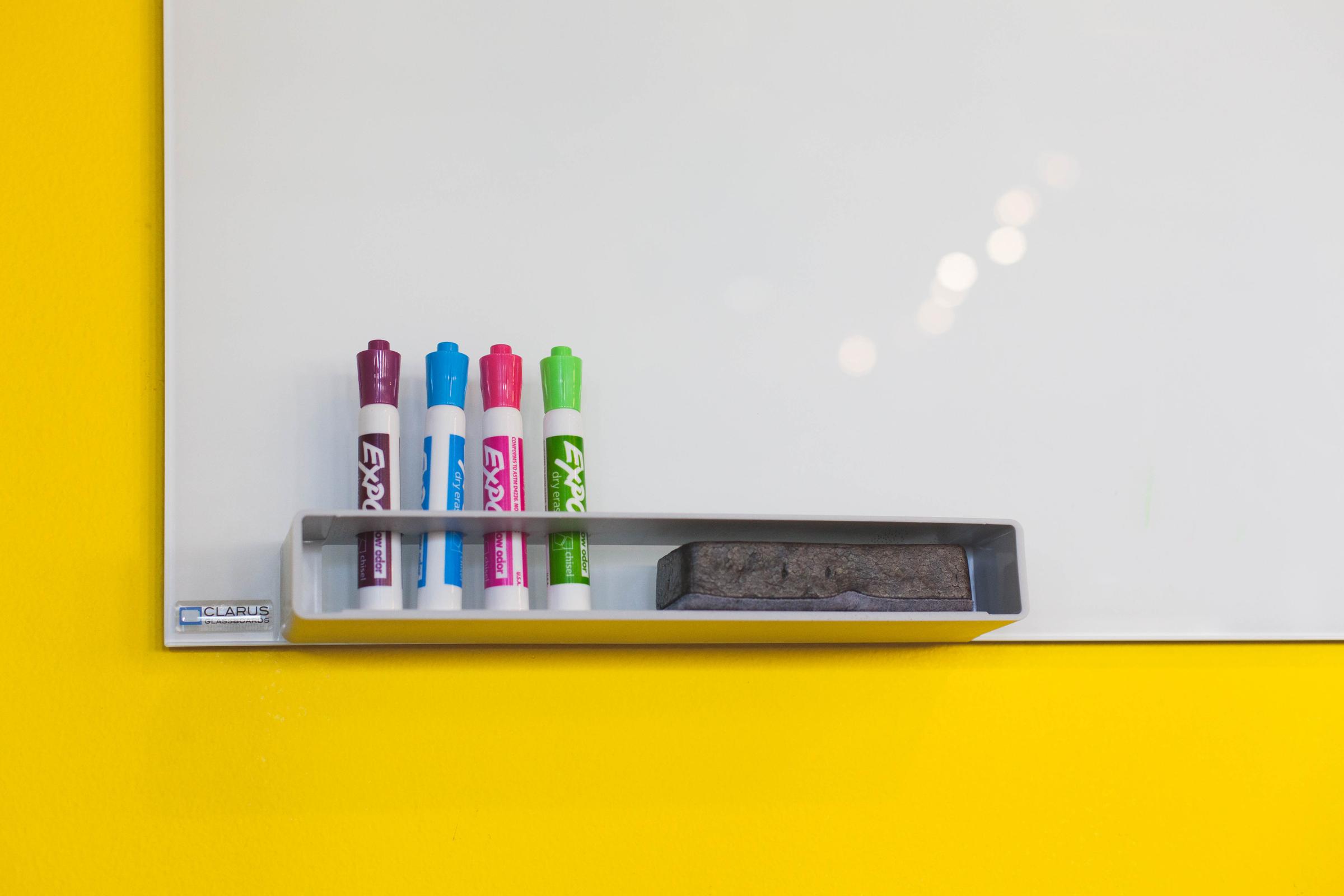Principal's Report
Mrs Larissa Vesdrevanis

Principal's Report
Mrs Larissa Vesdrevanis
Welcome to Snippets in its new digital format. The new format offers a more streamlined look and easier access to select pages. We hope you enjoy perusing the various pages which showcase school life at Donvale PS. We will publish Snippets every two weeks on a Friday.
Firstly, I would like to acknowledge Hudson Mayer for being selected by Ice Hockey Victoria to represent the State of Victoria in the 2023 Phil Ginsberg Trophy (Australian National Ice Hockey Championships 13 & Under). We are so proud of Hudson for his commitment and sportsmanship and wish him all the best during the tournament. We are looking forward to hearing all about his experience. Well done, Hudson! Your Donvale family will be cheering you on.
I want to remind parents about safe driving practices when dropping off and picking up your child at school. The drop-off and pick-up zone is meant to flow. Please drive your car to the front of the queue and quickly drop your child off at the start of the day or wait for your child at pick up. We have teachers on duty to help expedite the process of locating your child and encouraging them to make their way towards you quickly. We then ask that you exit the queue carefully, being mindful of the cars behind. Please do not use the drop-off and pick-up area to park your vehicle. I appreciate your cooperation and support for the safety of our community. I thank the many parents who use the drop off and pick up zone as intended.
Also, a reminder to all families that Village OSH offers a fun and engaging before and after-school care program. It is pleasing to see the numbers growing, as it is a wonderful way for our Donvale students to develop friendships and build their social network. The cost to families is reasonable, particularly when rebates are applied. Students enjoy a delicious breakfast during the before-school program and a yummy snack during the after-school program.
Village OSH also offers care services for our Curriculum Day on the 9th of June and the upcoming holidays. Please view the Village OSH Club page in this newsletter for more details.
As we approach the halfway point of the school year I would like to share an article from Raising Children Network about the importance of talking to your child about school and some tips on how to do this most effectively.
Talking with your child about the school day shows you’re interested in what’s going on in their life. This interest boosts your child’s mental health, happiness and wellbeing. It can also have a very positive effect on your child’s behaviour and achievement. It shows your child that you value school and education, which encourages them to value it too.
Talking together about school also helps you get to know more about what’s expected of your child at school, how they learn and how they handle challenges. It can help you understand when your child is feeling less interested in school or having problems.
When you’re in touch with your child’s feelings about school, you’re more likely to see problems before they get too big. This way you can work on overcoming challenges together.
And talking about school issues – like school projects or friendship problems – is also a great chance for you to express your family values about things like teamwork, respect for self and others, friendships, relationships, problem-solving and so on.
If your child is having problems at school, you can start by talking with their teacher. You might also like to read our article on problems at school: children 9-18 years.
When your child first gets home from school in the afternoon, they’ll probably be tired and hungry or thinking about other things. So easing the transition from school or after-school activities to home can help your child feel more like talking.
It’s best to avoid asking your child a lot of questions straight away – this can be overwhelming for your child. You can just let your child know that you’re glad to see them, and talk about non-school topics for a while. Younger children will probably also like unpacking their bags and going through any notes before you ask about school.
Saving questions about homework for later on can also take the pressure off!
Every afternoon or evening will be different. Even if your child usually likes to share their day with you, there’ll be days when they don’t want to talk. Sometimes it’s a matter of sensing your child’s mood and picking the right moment. Some days there might not be a right moment at all, and that’s OK.
Simple, positive and specific questions about parts of the day can get your child talking. It’s good to use questions that invite more than a ‘yes’, ‘no’ or ‘OK’ response. For example:
These tips can help you get a conversation going:
Your child’s behaviour and communication style might seem to change overnight when they start school. Suddenly everything’s ‘awesome’, or they’re rolling their eyes at everything you say. Your child is learning all kinds of new things from their friends and teachers, so this is part of developing a unique identity. It is important to be patient and understanding as your child is navigating this time in their development.
Wishing you all a wonderful weekend ahead.
Warmest regards,
Larissa Vesdrevanis
Principal
Donvale Primary School